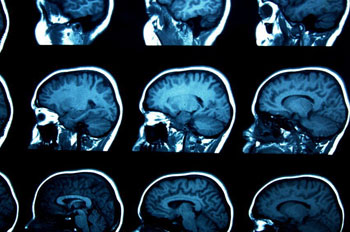Researchers Find Common Behavioral Impairments in Brains of Children
By MedImaging International staff writers
Posted on 08 Aug 2016
Researchers have shown that children with autism spectrum disorder, Obsessive Compulsive Disorder (OCD), and Attention Deficit Hyperactivity Disorder (ADHD) have similar changes in their brain biology.Posted on 08 Aug 2016
The researchers in Canada found that the changes were linked to common symptoms manifested by the conditions. The results of the study were published in the July 2016, issue of the American Journal of Psychiatry.

Image: Brain scans. Autism, ADHD and OCD have common symptoms and are linked by some of the same genes, but have been studied as separate disorders (Photo courtesy of Fotolia).
The researchers used Magnetic Resonance Imaging (MRI) data from the Canadian Province of Ontario Neurodevelopmental Disorders Network (POND) network for the study that was carried out at the Centre for Addiction and Mental Health (CAMH), affiliated with the University of Toronto (Toronto; Canada).
The researchers studied MRI images of brain white matter in 200 children with either autism, OCD, ADHD, or with no diagnosis of any of these conditions, and found biological evidence that changes in brain structure were related to behavioral symptoms in children with these conditions. Changes in behavior including social difficulties, and problems with attention, occur in all three conditions, but may differ in severity. The discovery of shared biology among the conditions creates possibilities for common treatments.
First author on the study, Dr. Stephanie Ameis, clinician-scientist at CAMH, said, “We found impairments in white matter in the main tract connecting the right and left hemispheres of the brain in children with either autism, ADHD or OCD, when compared to healthy children in the control group.”
Related Links:
University of Toronto













